
The Majestic Adamawa Plateau: Cameroon’s Natural Wonder
The Adamawa Plateau, located in the heart of Cameroon, is a vast elevated region that offers a unique blend of natural beauty and cultural richness. Stretching over 1,000 kilometers, this plateau is a haven for adventure seekers and nature lovers alike. The landscape is characterized by rolling hills, lush green valleys, and stunning waterfalls that create a picturesque setting for any traveler. In addition to its breathtaking scenery, the Adamawa Plateau is also home to a diverse array of wildlife. From majestic elephants and graceful antelopes to a wide variety of bird species, the region provides ample opportunities for wildlife enthusiasts to witness animals in their natural habitat. The plateau's numerous national parks and reserves make it an ideal destination for safaris and nature tours. Culturally, the Adamawa Plateau is rich with traditions and history. The local Fulani people, known for their vibrant culture and warm hospitality, offer visitors a chance to experience traditional music, dance, and cuisine. The region's bustling markets are a treasure trove of handmade crafts and local delicacies, providing an authentic taste of Cameroonian culture. Whether you are hiking through scenic trails, exploring local villages, or simply soaking in the serene environment, the Adamawa Plateau promises an unforgettable experience.
Local tips in Adamawa Plateau
- Visit during the dry season (November to March) for the best weather and easier access to trails and parks.
- Hire a local guide for wildlife safaris to enhance your chances of spotting animals and to learn more about the local ecosystem.
- Carry sufficient cash as ATMs and card payment options may be limited in remote areas.
- Respect local customs and traditions when visiting villages and interacting with the Fulani people.
- Pack comfortable hiking shoes and lightweight clothing for daytime explorations, and warmer layers for the cooler evenings.
The Majestic Adamawa Plateau: Cameroon’s Natural Wonder
The Adamawa Plateau, located in the heart of Cameroon, is a vast elevated region that offers a unique blend of natural beauty and cultural richness. Stretching over 1,000 kilometers, this plateau is a haven for adventure seekers and nature lovers alike. The landscape is characterized by rolling hills, lush green valleys, and stunning waterfalls that create a picturesque setting for any traveler. In addition to its breathtaking scenery, the Adamawa Plateau is also home to a diverse array of wildlife. From majestic elephants and graceful antelopes to a wide variety of bird species, the region provides ample opportunities for wildlife enthusiasts to witness animals in their natural habitat. The plateau's numerous national parks and reserves make it an ideal destination for safaris and nature tours. Culturally, the Adamawa Plateau is rich with traditions and history. The local Fulani people, known for their vibrant culture and warm hospitality, offer visitors a chance to experience traditional music, dance, and cuisine. The region's bustling markets are a treasure trove of handmade crafts and local delicacies, providing an authentic taste of Cameroonian culture. Whether you are hiking through scenic trails, exploring local villages, or simply soaking in the serene environment, the Adamawa Plateau promises an unforgettable experience.
When is the best time to go to Adamawa Plateau?
Unmissable attractions to see
Site archéologique de Bidzar
Explore the Bidzar Archaeological Site, where ancient history meets natural beauty in the heart of Cameroon.
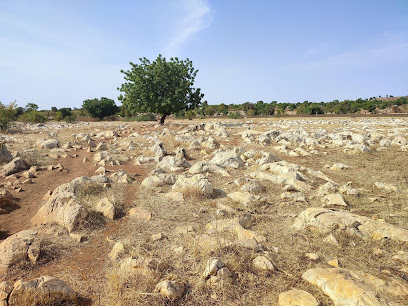
Les gorges de kola
Explore the breathtaking Gorges de Kola in Ouro Bouhong, a stunning natural wonder with dramatic landscapes and rich cultural experiences.
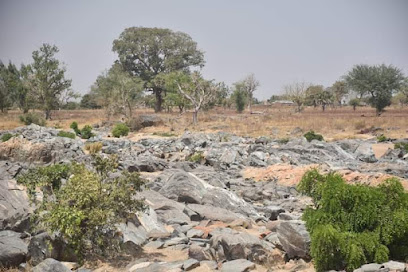
Site Touristique De Boboyo (Lac Aux Crocodiles)
Experience the mesmerizing beauty of Lac Aux Crocodiles in Boboyo, a haven for wildlife enthusiasts and nature lovers alike.
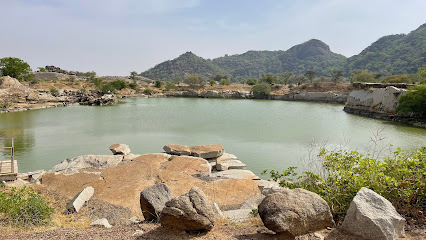
MARBRE DE BIDZAR
Explore the breathtaking marble formations of Marbre de Bidzar, a geological wonder in Bidzar, Cameroon, perfect for nature lovers and photographers.
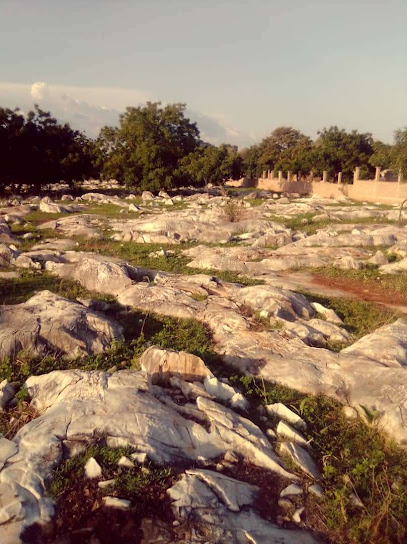
Entrée Lac aux Crocodiles de Boboyo
Discover Cameroon's wild side at Boboyo Crocodile Lake, a stunning natural attraction where reptiles roam free and nature thrives.
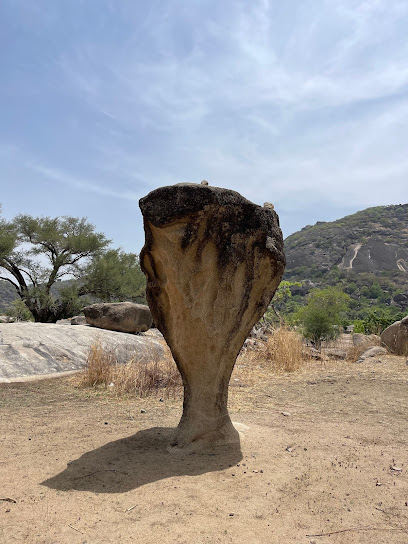
Montagne DOLOLOM
Discover the stunning landscapes and rich biodiversity at Montagne DOLOLOM, a must-visit tourist attraction in Mokolo, Cameroon.

Ribao
Discover the tranquil beauty of Ribao's enchanting garden, a serene escape filled with vibrant flora and peaceful pathways perfect for relaxation.
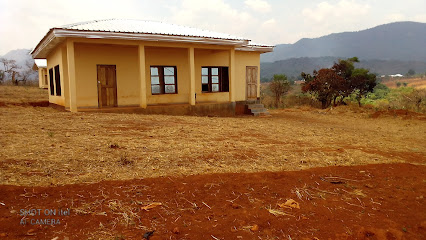
Mbor
Experience the enchanting beauty and rich culture of Mbor, a hidden gem in Cameroon, ideal for adventure and relaxation.

MEMBELES
Experience the captivating beauty and rich culture of MembeLes in Badjava, a must-visit tourist attraction that enchants every traveler.

Dardo Tipili
Experience the breathtaking landscapes and rich cultural heritage at Dardo Tipili, a must-visit tourist attraction in Cameroon.

Résidence ABOUBAKARI SIDDIKI ORI
Immerse yourself in the vibrant culture and heritage of Guider at Résidence ABOUBAKARI SIDDIKI ORI, a captivating tourist attraction in Cameroon.

Mayo pena
Experience the natural beauty & cultural richness of Mayo Pena in Gorimbara, Cameroon. An unforgettable journey into the heart of the Adamawa Plateau.

Markets, malls and hidden boutiques
shop nexttel guider
Explore Nexttel Guider for a unique shopping experience filled with local culture, diverse goods, and delicious cuisine in the heart of Guider.
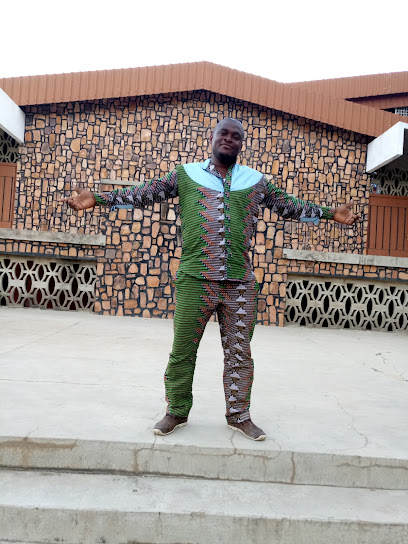
Parfumerie Moussa
Discover the enchanting world of fragrances at Parfumerie Moussa in Figuil, where local craftsmanship meets aromatic treasures.
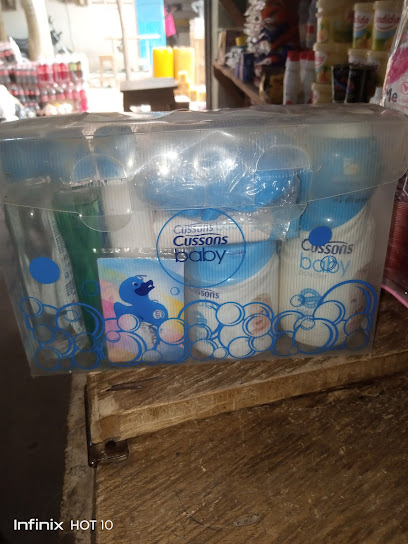
BOUTIQUE EL MAHMOUD QUARTIER NORGO GUIDER A CÔTÉ DE MOULIN
Experience the rich flavors and vibrant atmosphere at Boutique El Mahmoud, a premier produce market in Guider, perfect for food lovers and culture seekers.
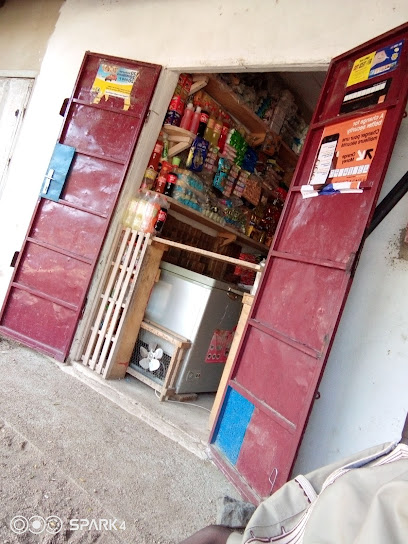
SHOP ORANGE
Experience the vibrant shopping atmosphere at SHOP ORANGE in Guider, where local culture meets diverse retail offerings.

Boutique HAMADOU ELH HAMAN MARA Ouro-Alkali
Explore local flavors and artisanal goods at Boutique HAMADOU ELH HAMAN MARA in Ouro-Alkali, a must-visit shopping destination for tourists in Guider.
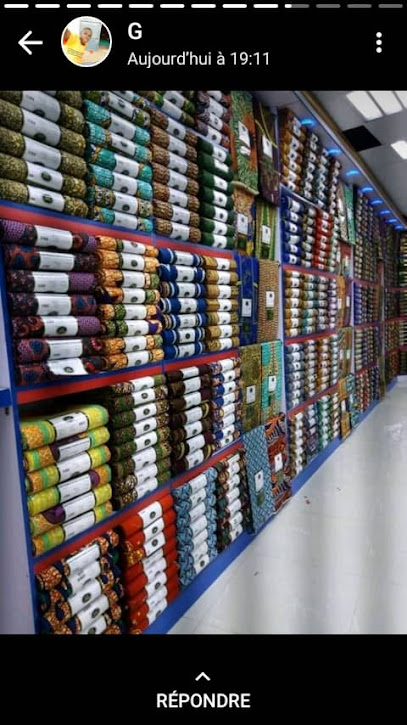
boutique yaou lopez
Experience the unique blend of traditional and modern shopping at Boutique Yaou Lopez in Guider. A must-visit for cultural treasures and local delicacies.

Hamidou's Boutique
Explore the vibrant fashion of Hina Marbak at Hamidou's Boutique, where local culture meets unique style in a charming shopping experience.

Ets Univers Business
Explore Ets Univers Business in Guider for unique home goods and authentic local crafts that reflect the rich culture of Cameroon.
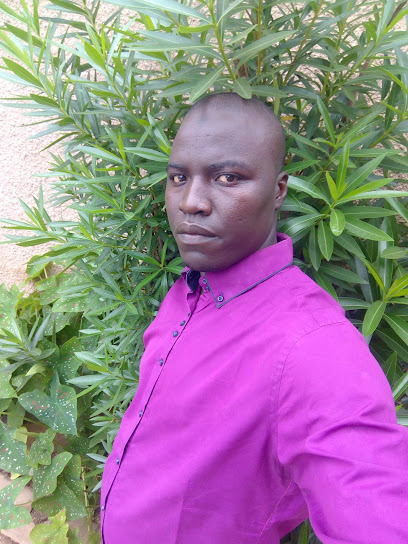
Boutique Dabo Ouro-Alkali
Explore the heart of Guider at Boutique Dabo Ouro-Alkali, your one-stop supermarket for local delicacies and international favorites.

Boutique Hamadou Mara
Discover the vibrant shopping hub of Boutique Hamadou Mara in Guider, a perfect blend of local culture and modern retail experiences.

Abdou razat Bourbaki
Explore Abdou Razat Bourbaki, a unique hardware store in Guider that offers local craftsmanship and practical tools for DIY enthusiasts and travelers alike.
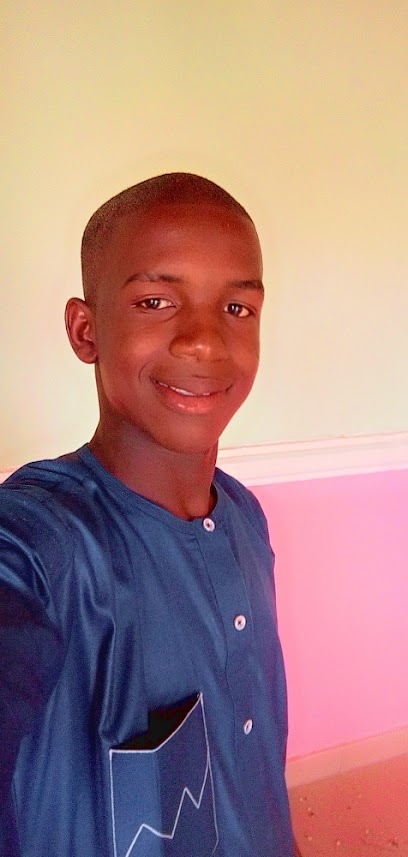
Alimentatio
Discover local snacks and essentials at Alimentatio, the essential convenience store for tourists visiting Guider, Cameroon.

GAPAWA SMART Sarl
Explore the vibrant local culture and unique craftsmanship at GAPAWA SMART Sarl in Figuil, a must-visit shopping destination for tourists.

Magasin SODECOTON
Explore the vibrant local culture at Magasin SODECOTON, where unique crafts and authentic products await every visitor.

Boutique Bayno Řøį Åbõúbãkär
Explore the flavors of Cameroon at Boutique Bayno Řøį Åbõúbãkär, your go-to grocery store in Guider for fresh, local ingredients and snacks.

Essential bars & hidden hideouts
Référence Bar
Explore the vibrant and relaxed atmosphere of Référence Bar, a local gem in Figuil known for its friendly service and inexpensive drinks.
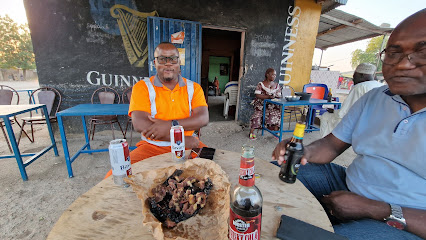
Bar Du Château
Discover the vibrant ambiance of Bar Du Château in Guider, where refreshing drinks and local culture blend seamlessly for an unforgettable experience.
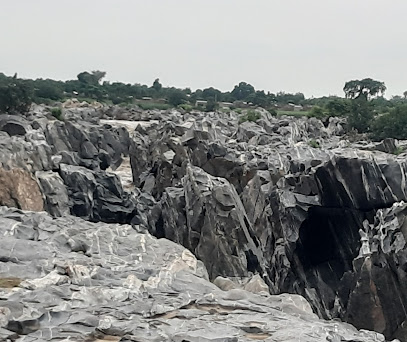
Equinoxe Bar
Discover the lively Equinoxe Bar in Guider, where local culture meets refreshing drinks in a welcoming atmosphere.
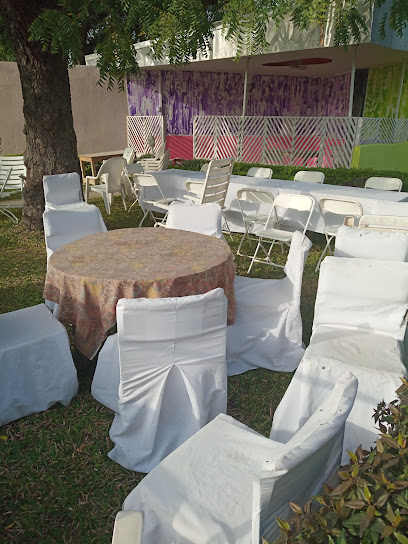
Escal Bar
Experience the lively atmosphere of Escal Bar in Kaele, where locals and tourists unite for unforgettable nights filled with drinks, laughter, and camaraderie.

central bar
Discover the vibrant nightlife of Bibemi at Central Bar, where refreshing drinks, live music, and a friendly atmosphere await.
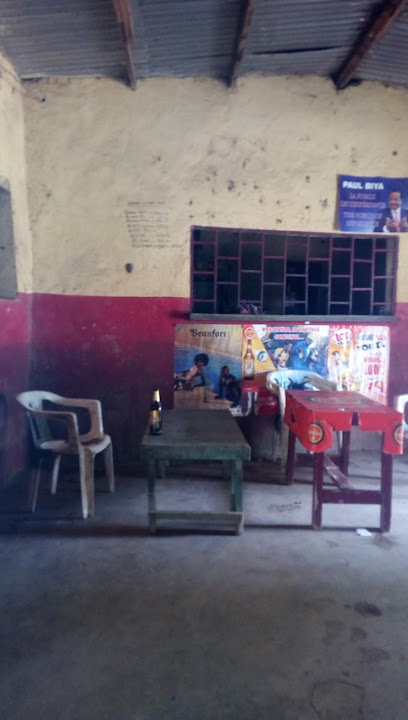
Sheraton Bar
Discover the lively Sheraton Bar in Guider, where affordable drinks and a friendly atmosphere await every traveler.
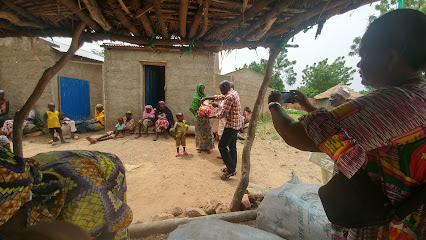
Talala Bar
Experience the vibrant local culture at Talala Bar in Mokolo, where refreshing drinks and friendly conversations await every visitor.

Philips center bar
Discover the lively Philips Center Bar in Guider, where refreshing drinks and a vibrant atmosphere await every visitor.
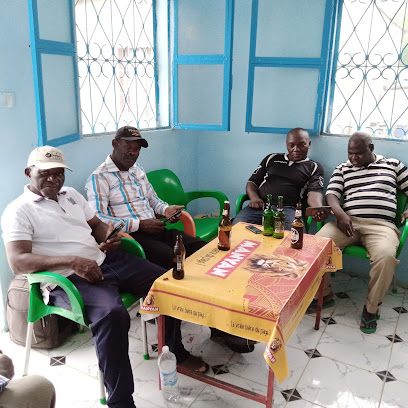
Cheval Blanc Bar
Discover the energetic nightlife at Cheval Blanc Bar in Hina Marbak, where local flavors and vibrant ambiance come together for an unforgettable experience.

Antony Bar
Discover the vibrant atmosphere and local charm at Antony Bar in Zagaba, where delicious drinks and friendly faces await.

Allons Seulement BAR FIGUIL
Experience the lively nightlife and local culture at Allons Seulement BAR FIGUIL, a vibrant bar in Figuil, Cameroon.

Dzini Bar
Discover the vibrant nightlife at Dzini Bar in Moutouroua, where locals and tourists enjoy refreshing drinks and a lively atmosphere.
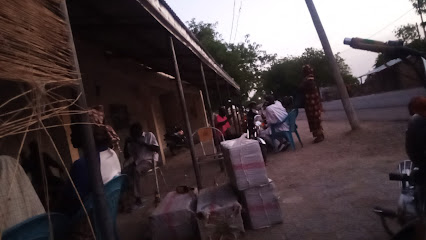
Cherif Bar
Experience local culture and Cameroonian hospitality at Cherif Bar in Baïla, Guider, a vibrant spot for relaxation and socializing.
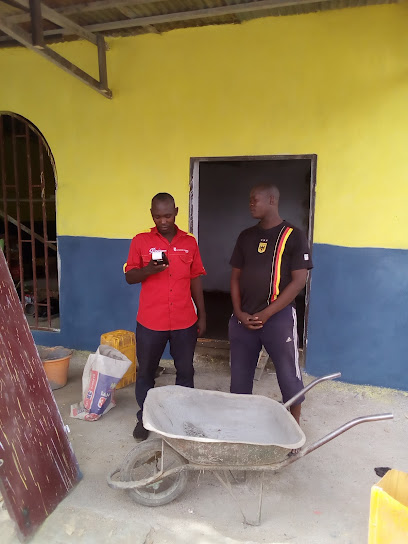
Ampoule rouge ou mancom bar rouge
Discover Ampoule Rouge, a lively bar in Guider, perfect for enjoying local drinks and experiencing the vibrant nightlife of Cameroon.

Local Phrases about Adamawa Plateau
-
- HelloNdaa
[n-daah] - GoodbyeA kwa
[a kwa] - YesEe
[ee] - NoMba
[mba] - Please/You're welcomeOya
[oyah] - Thank youMuna Tare
[moo-nah tah-reh] - Excuse me/SorrySam Sam
[sahm sahm] - How are you?I ya nle?
[ee yah in-leh] - Fine. And you?A nle. Niya?
[a in-leh. nee-yah] - Do you speak English?I ya nle A ngale?
[ee yah in-leh ah ngah-leh] - I don't understandA nlowa
[a nlo-wah]
- HelloNdaa
-
- I'd like to see the menu, pleaseNdeena la menu, oya
[n-dee-nah lah meh-noo, oyah] - I don't eat meatA nlela nyama
[a in-leh-lah nyah-mah] - Cheers!Eyo!
[eh-yo] - I would like to pay, pleaseNdeena la paa, oya
[n-dee-nah lah pah, oyah]
- I'd like to see the menu, pleaseNdeena la menu, oya
-
- Help!Oyi!
[oyi] - Go away!Zaa la!
[zaah lah] - Call the Police!I kwiyi kwa Police!
[ee kwee-yee kwaah Police] - Call a doctor!I kwiyi kwa dokita!
[ee kwee-yee kwaah doh-kee-tah] - I'm lostA nyelayer
[a nyeh-lah-yehr] - I'm illA nlela kwa
[a in-leh-lah kwa]
- Help!Oyi!
-
- I'd like to buy...Ndeena la...
[n-dee-nah lah...] - I'm just lookingA nlela na ha
[a in-leh-lah nah hah] - How much is it?Ee kwi la?
[ee kwee lah] - That's too expensiveA kwi nyen
[a kwee nyen] - Can you lower the price?I kwiyi kwaa la?
[ee kwee-yee kwaah lah]
- I'd like to buy...Ndeena la...
-
- What time is it?Ee kwi nyaa?
[ee kwee nyah] - It's one o'clockNi nyaa nnyi
[nee nyah nyee] - Half past (10)Nyaa nnyi maa (10)
[nyah nyee mah (10)] - MorningNyan
[nyahn] - AfternoonNyin
[nyeen] - EveningNyam
[nyahm] - YesterdayNnyi nyaa
[nyee nyah] - TodayNyaa
[nyah] - TomorrowNnyi
[nyee] - 1Nyaa
[nyah] - 2Nnyi
[nyee] - 3Nnyi nyaa
[nyee nyah] - 4Nnyi nnyi
[nyee nyee] - 5Nnyi nnyi nyaa
[nyee nyee nyah] - 6Nnyi nnyi nnyi
[nyee nyee nyee] - 7Nnyi nnyi nnyi nyaa
[nyee nyee nyee nyah] - 8Nnyi nnyi nnyi nnyi
[nyee nyee nyee nyee] - 9Nnyi nnyi nnyi nnyi nyaa
[nyee nyee nyee nyee nyah] - 10Maa
[mah]
- What time is it?Ee kwi nyaa?
-
- Where's a/the...?Ee kwi la...?
[ee kwee lah] - What's the address?Ee kwi la adras?
[ee kwee lah ah-drahss] - Can you show me (on the map)?I kwiyi wa nyen (na meep)?
[ee kwee-yee wah nyen (nah meep)] - When's the next (bus)?Ee kwi nyaa (bus)?
[ee kwee nyah (bus)] - A ticket (to ....)Maa tiikat (to ....)
[mah tee-kat (to ....)]
- Where's a/the...?Ee kwi la...?
History of Adamawa Plateau
-
The Adamawa Plateau, also known as the Adamaoua Plateau, is a geological wonder formed millions of years ago by volcanic activity. Stretching across central Cameroon, this elevated region is characterized by its rolling hills, deep valleys, and rich, fertile soils. The plateau forms part of the larger Central African Shear Zone, a tectonic boundary responsible for its unique topography.
-
Long before modern nations formed, the Adamawa Plateau was home to various indigenous groups, including the Fulani, Tikar, and Gbaya peoples. These groups have rich cultural traditions, including intricate beadwork, music, dance, and oral storytelling that have been passed down through generations. The Tikar, in particular, are known for their highly organized social structures and artistic contributions.
-
In the early 19th century, the Fulani Jihad, led by the Islamic scholar Usman dan Fodio, spread across West Africa. Modibo Adama, a disciple of Usman dan Fodio, extended the jihad into the region now known as the Adamawa Plateau. By 1809, he established the Adamawa Emirate, which became a significant Islamic state, influencing the region's culture, religion, and governance.
-
The late 19th and early 20th centuries saw the Adamawa Plateau come under European colonial rule. Initially, it was part of German Kamerun from 1884 until the end of World War I. After Germany's defeat, the League of Nations mandated the territory to France. French colonial administration brought infrastructure development but also significant changes to local governance and economic systems.
-
Cameroon gained independence from French colonial rule in 1960, ushering in a new era for the Adamawa Plateau. The region became part of the Republic of Cameroon, with policies aimed at integrating various ethnic groups and promoting economic development. Despite challenges, the Adamawa Plateau remains a vital part of Cameroon's cultural and economic landscape.
-
Today, the Adamawa Plateau is a melting pot of cultures and traditions. Festivals such as the Guélaa and the Nguon celebrate the region's rich heritage through dance, music, and traditional ceremonies. The Fulani continue to play a central role in the region, with their pastoral lifestyle and vibrant cultural expressions remaining a cornerstone of life on the plateau.
Adamawa Plateau Essentials
-
Adamawa Plateau is situated in the central part of Cameroon. The nearest major airport is Yaoundé Nsimalen International Airport, located approximately 350 kilometers south of the plateau. From Yaoundé, you can take a domestic flight to Ngaoundéré Airport, which is the closest airport to Adamawa Plateau. Alternatively, you can travel by train from Yaoundé to Ngaoundéré, which offers a scenic journey through Cameroon's diverse landscapes and takes about 14 hours. Buses and private taxis are also available from major cities to Ngaoundéré.
-
Once in Ngaoundéré, you can use local taxis or hire a car to explore the Adamawa Plateau. For a more immersive experience, consider renting a 4x4 vehicle, as many of the roads are unpaved and can be challenging, especially during the rainy season. Motorbike taxis, known locally as 'benskins,' are another popular mode of transport for short distances. Public buses and shared minibuses (bush taxis) connect Ngaoundéré to other towns and villages within the region.
-
The official currency in Cameroon is the Central African CFA Franc (XAF). Credit cards are accepted in some hotels and restaurants in larger towns like Ngaoundéré, but it is advisable to carry cash, especially when traveling to rural areas. ATMs are available in Ngaoundéré, but it is wise to withdraw sufficient cash before venturing into the more remote parts of the plateau.
-
Adamawa Plateau is generally considered safe for tourists, but standard precautions should be taken. Avoid traveling alone at night and keep an eye on your belongings in crowded places. Petty theft can occur, so be vigilant. Areas with higher crime rates targeting tourists are typically found in larger cities, not in the rural parts of the plateau. Always check current travel advisories before your trip.
-
In case of emergency, dial 112 for immediate assistance. Ngaoundéré has medical facilities that can handle most emergencies, but for severe medical issues, evacuation to a larger city like Yaoundé may be necessary. Pharmacies are available in Ngaoundéré for minor health concerns. It is highly recommended to have travel insurance that covers medical emergencies, including evacuation.
-
Fashion: Do dress modestly, especially in rural areas and when visiting religious sites. Avoid wearing overly revealing clothing. Religion: Do respect local customs and traditions. Always remove your shoes when entering homes or certain religious sites. Public Transport: Do be respectful and greet the driver and other passengers when boarding. Don't eat or drink on public transport. Greetings: Do greet people with a handshake. A friendly smile and a greeting in French (Bonjour) or Fulfulde, the local language, are appreciated. Eating & Drinking: Do try local dishes and accept food offerings graciously. Don't refuse hospitality, as it is considered impolite.
-
To experience Adamawa Plateau like a local, visit the weekly markets in towns like Ngaoundéré, where you can buy fresh produce and traditional crafts. Engage with locals, who are often very friendly and willing to share stories about their culture and history. Don't miss the stunning views from the top of Mount Ngaoundéré and the natural beauty of the Vina Waterfalls. For an authentic experience, consider staying in a local guesthouse or homestay.
Nearby Cities to Adamawa Plateau
-
Things To Do in Garoua
-
Things To Do in Yola
-
Things To Do in Maiduguri
-
Things To Do in N'Djamena
-
Things To Do in Ngaoundéré
-
Things To Do in Jos
-
Things To Do in Foumban
-
Things To Do in Carnot
-
Things To Do in Bertoua
-
Things To Do in Bamenda
-
Things To Do in Bafoussam
-
Things To Do in Mbouda
-
Things To Do in Bafia
-
Things To Do in Kano
-
Things To Do in Dschang








